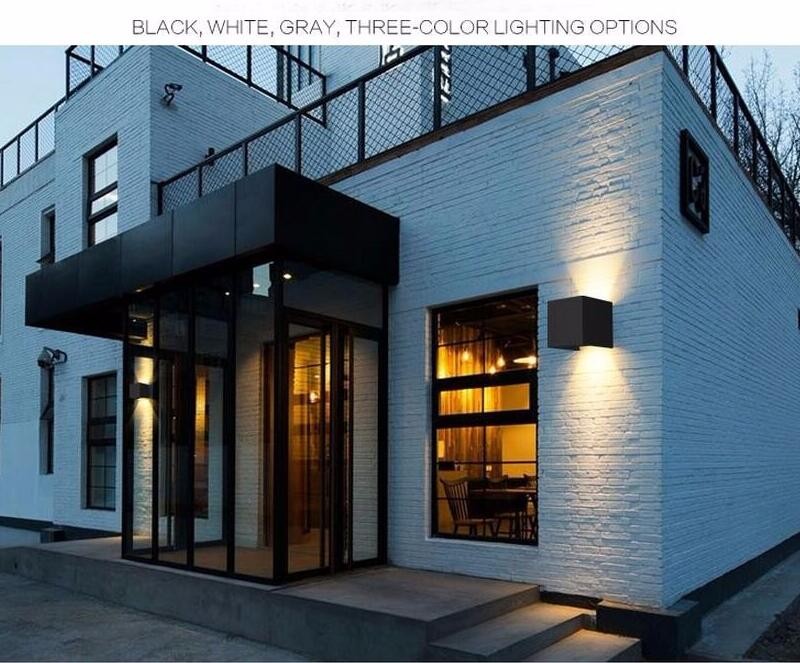**Global Times Comprehensive Report: The Controversy Surrounding Genetically Modified Foods**
On the 28th, some media reports revealed that in China, particularly in Hunan and Sichuan provinces, a large amount of imported genetically modified vegetable oil is being mixed with domestic non-GMO rapeseed oil, eventually reaching consumers' tables. This has once again sparked public concern over the safety of genetically modified (GM) foods. As global population grows and arable land shrinks, food security has become a major challenge for many countries. High-yield, high-quality GM crops have emerged as a solution, but since the creation of the world’s first transgenic plant—tobacco—in 1983, GM foods have been surrounded by controversy.
The term "Frankenstein" has often been used to describe GM foods, referencing Mary Shelley's 1818 novel about a scientist who creates a monster. Europeans, in particular, have expressed strong opposition, fearing ecological disasters and threats to human health.
In 1983, the U.S. successfully developed the first transgenic plant—tobacco engineered to contain antibiotic resistance. At the time, many were amazed, saying humanity had gained “God’s hands†to create new life. By the 1990s, GM foods entered the commercial market. In 1994, the U.S. approved the first genetically modified tomato, which could stay fresh longer. It was a hit with consumers.
By 2009, more than 75% of processed foods in the U.S. contained GM ingredients, with over 90% of soybeans and 80% of corn being genetically modified. The FDA even approved the first transgenic animal product, a genetically modified goat, in 2009. These organisms offer advantages like higher yield, better quality, and disease resistance, leading to widespread use.
However, concerns remain. In 1989, a genetically modified tryptophan product caused severe health issues in Japan, resulting in deaths and disabilities. In 1996, a study published in *Nature* showed that pollen from transgenic corn harmed monarch butterfly larvae, raising fears about environmental impact.
Despite these incidents, the U.S. government supported GM technology aggressively. Under President Bush, Monsanto and other biotech firms were given regulatory approval, with the FDA declaring GM products "essentially the same" as traditional ones. This allowed genetically modified milk containing rBGH (a growth hormone) to enter the market without labeling.
Argentina serves as a cautionary tale. Once an agricultural success, it fell into debt due to international loans. In the 1990s, under President Menem, Argentina opened its doors to GM crops. Monsanto gained exclusive rights to sell genetically modified soybean seeds, forcing farmers to use expensive herbicides. Over time, this led to environmental damage, loss of biodiversity, and rising malnutrition.
A 2008 documentary exposed how Monsanto now controls 90% of the world’s GM seed market. In Argentina, GM soybeans took over nearly all farmland, leaving people dependent on the company’s products. The country’s experience highlights the broader geopolitical and economic implications of genetic modification.
While GM foods offer potential solutions to food shortages, their long-term effects remain uncertain. Public trust is crucial, and transparency in labeling and regulation is essential. As the debate continues, the future of GM foods will depend on balancing innovation with safety.
LED Wall Light
SZYOUMY- A professional team on Amazon more than 13 year. We commit ourselves to design best light, give the best customer experience and after-sales service to all customers.
Aluminum lamp body, durable, one die-casting molding, the details determine the quality. New LED technology, LED light bulb which is bright, No Flicker, No Strobe.(Bulb CANNOT be replaced)
3000K 2700K 4000K warm white light will give a harmonious and elegant feeling for your family. Modern and simple wall lamp. It may not be bright enough to be a main light, but it will be really nice decoration, even can be a night light.
Environmental Protection - High quality LED COB lamp, high efficiency, energy saving and Environmental protection.
Safety - Long-Lifespan LED Driver, with short-circuit protection. Shine beautifully for your house
Product Details:
Type: modern, minimalist wall lamps
|
Input Voltage(V)
|
AC 85-265V
|
|
Color Temperature(CCT)
|
2700K//3200k/6500k/5000k
|
|
Led Chip
|
High power COB CHIP
|
|
Lamp Material
|
ALuminum
|
|
Lamp Luminous Flux(lm)
|
80-110LM/W
|
|
Product name
|
COB Led Wall Light
|
|
Power
|
2W 4W 6W 12W 18W 20W
|
|
Beam Angle Design
|
0-120 Degree Adjustable
|
|
LAMP SIZE
|
Dimension: 100*100*100mm / 100*100*50mm
|
|
Warranty
|
2-3 Years
|
|
IP grade
|
IP65 Waterproof
|
|
Application
|
Interior Wall Lighting for Living Room Home Garden
|
Application best for living room, bedroom, staircase, balcony, bar kitchen, nursery, study, office, restaurants, hotels, shop, cafe, etc.

Led Wall Light,Adjustable Wall Light,Aluminum Wall Light,Waterproof Led Wall Lighting
Shenzhen You&My Electronic Technology Co., Ltd , https://www.szyoumylighting.com

